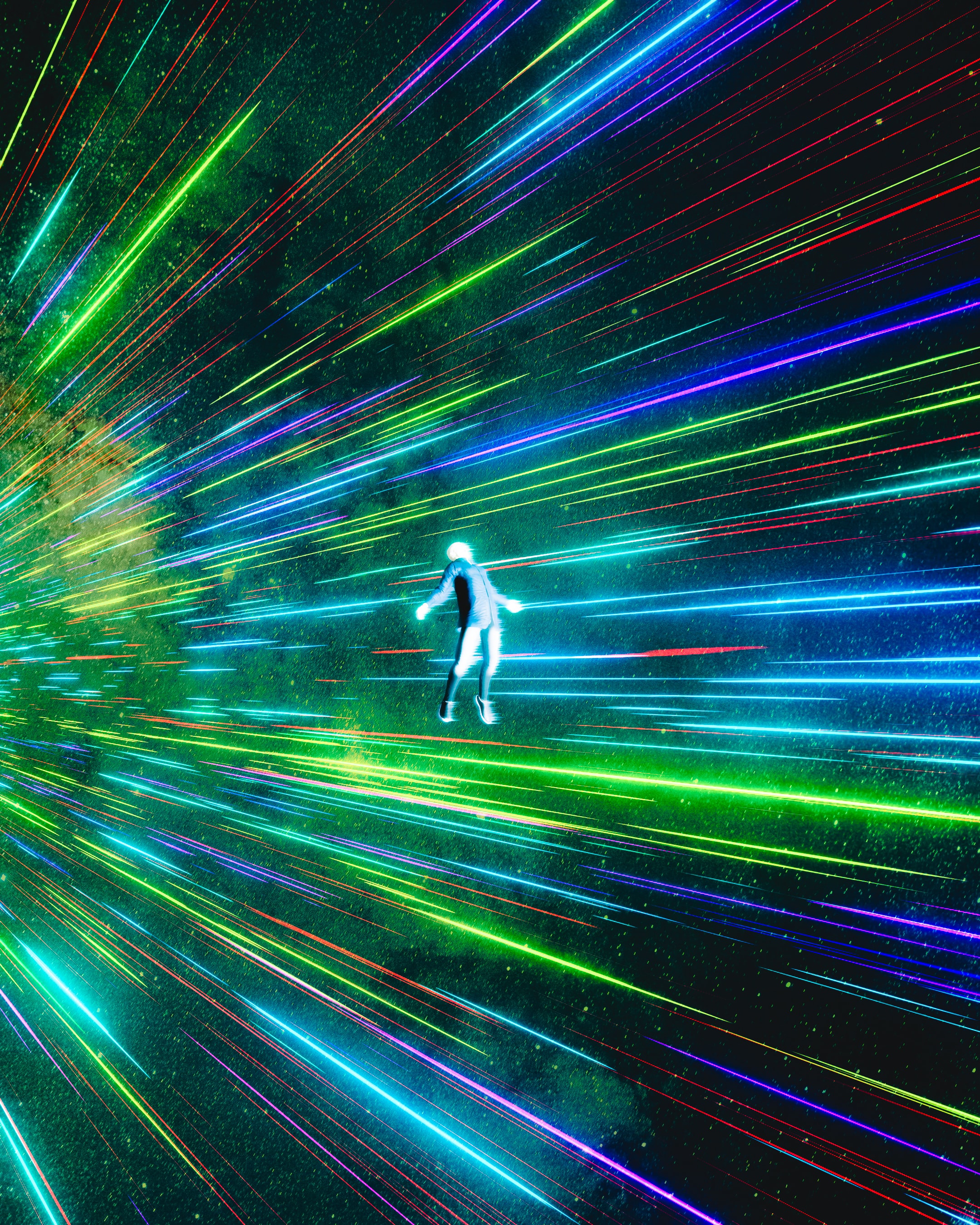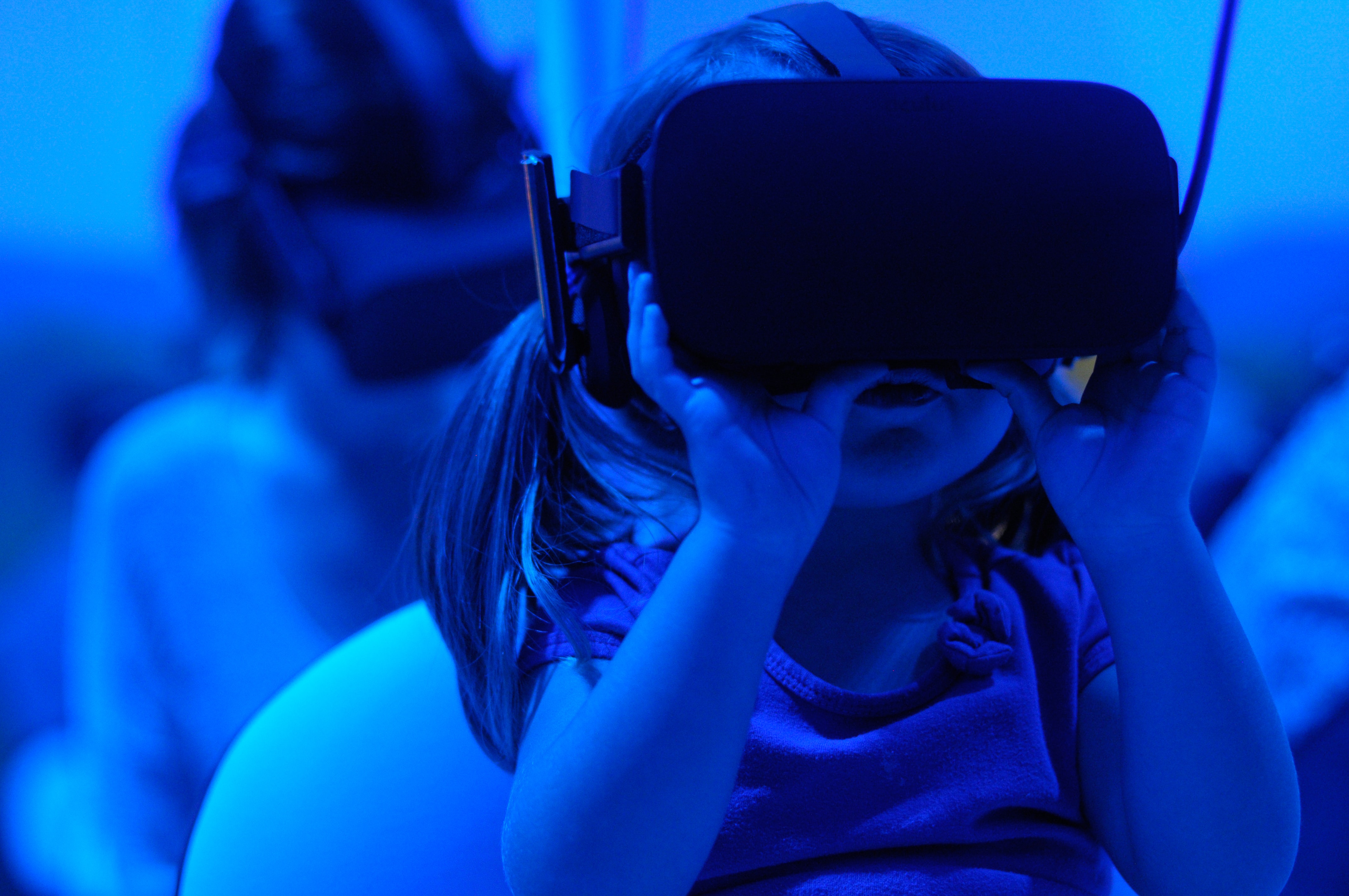What do we lose when we digitize? Is the new move of digitalization of cultural heritage a move towards actual preservation of historical artifacts, or is it just an attempt to prolong the life of a historically mortal piece of work? Does digitalization give us less of a reason to keep repairing and restoring tangible heritage?

Tangible and Intangible Heritage, Saved
Digital humanities find that their value resides within their ability to preserve cultural heritage (be it tangible or intangible). But could we argue that the jobs of such digital humanists (curators at heart) could be taken over one day by AI? Or will the human eye for curating and choosing what to preserve prevail over AI’s cold-measured approach?
Moreover, who would define what is to be preserved and what not for the computer program? It is a fact in life that humans couldn’t preserve everything into some sort of digital or physical format. But is it arguable that computers could preserve nearly every piece of culture that there is as it isn’t bound by time or the limited capabilities of human brains?

Computers to the Rescue!
We could argue that computers have such a better capability of preserving cultural production in multiple media to make it accessible for various people as well. Yet another ethical dilemma appears as some cultures find that their cultural practices sacred, and that no one outside a very select group has the right to access such practices or artifacts. So, who here’s to judge whether it’s the right of the people of a specific group to keep cultural practices and artifacts from the world? And who in that group has the right to say if something is sharable or not? Isn’t putting stuff online allowing everyone to access it? Although some cultures do not consent to their practices and artifacts to be shared, if someone could get their hands on a piece of cultural work or an artifact, who could deny them to share what they already “own”?
Digital humanity’s role is to find all the connections and solve all the ethical and cultural dilemmas that arise from the digital era of communication and sharing of digital artifacts and digitally preserved artifacts online. And although digital humanists use computer technology as a tool to achieve the requirements needed for cultural preservation or cultural production, the main focus of a digital humanist is the human being and all the ideas, thoughts, dilemmas, and feelings of the modern human.
References
“‘Chapter2: The Humanities, Done Digitally | Kathleen Fitzpatrick’ in ‘Debates in theDigital Humanities’ on Debates in the DH Manifold.” n.d. Debates in the DigitalHumanities. Accessed April 12, 2022.https://dhdebates.gc.cuny.edu/read/untitled-88c11800-9446-469b-a3be-3fdb36bfbd1e/section/65e208fc-a5e6-479f-9a47-d51cd9c35e84#ch02.
“‘Chapter 6: Humanistic
Theory and Digital Scholarship| Johanna Drucker’ in ‘Debates in the Digital Humanities’ on Debates in the DHManifold.” n.d. Debates in the Digital Humanities. Accessed April 12, 2022.https://dhdebates.gc.cuny.edu/read/untitled-88c11800-9446-469b-a3be-3fdb36bfbd1e/section/0b495250-97af-4046-91ff-98b6ea9f83c0.












